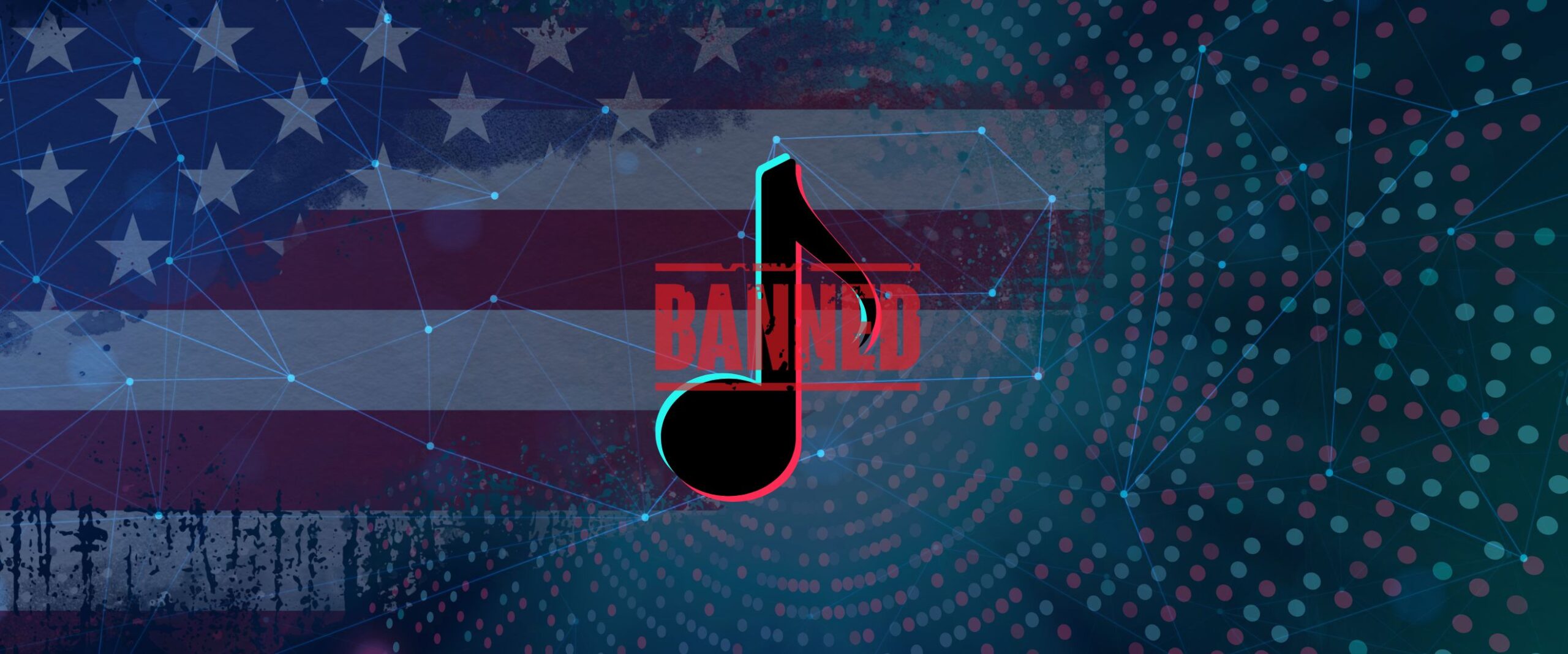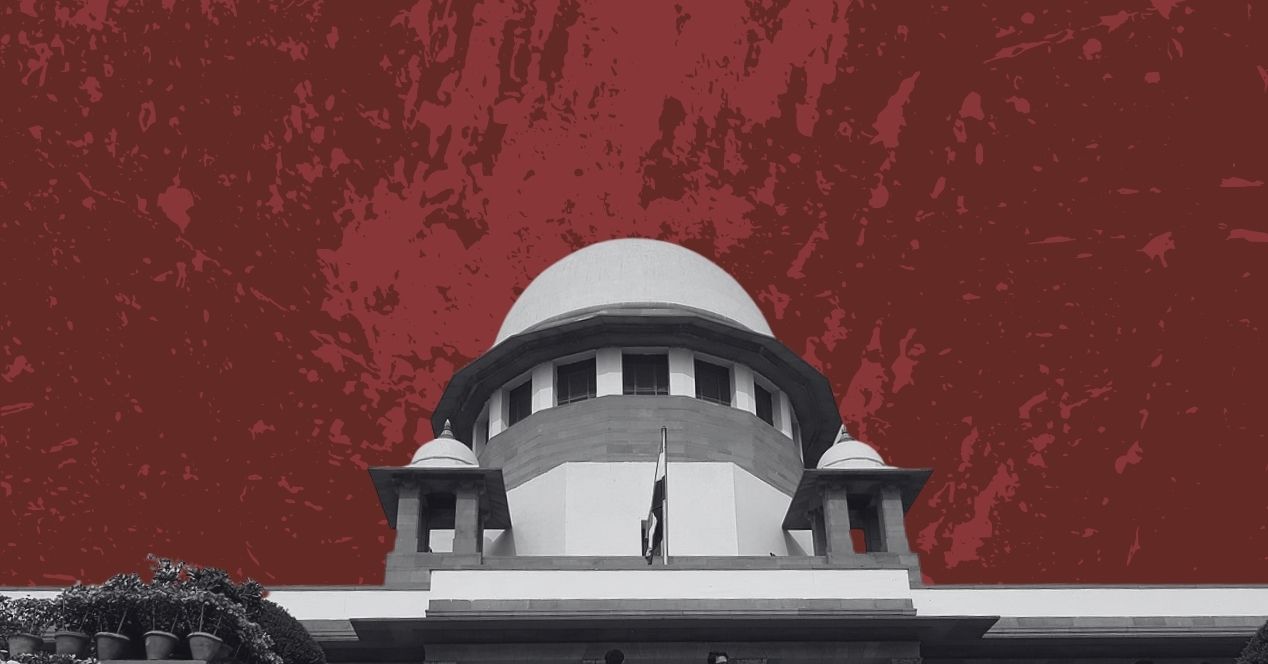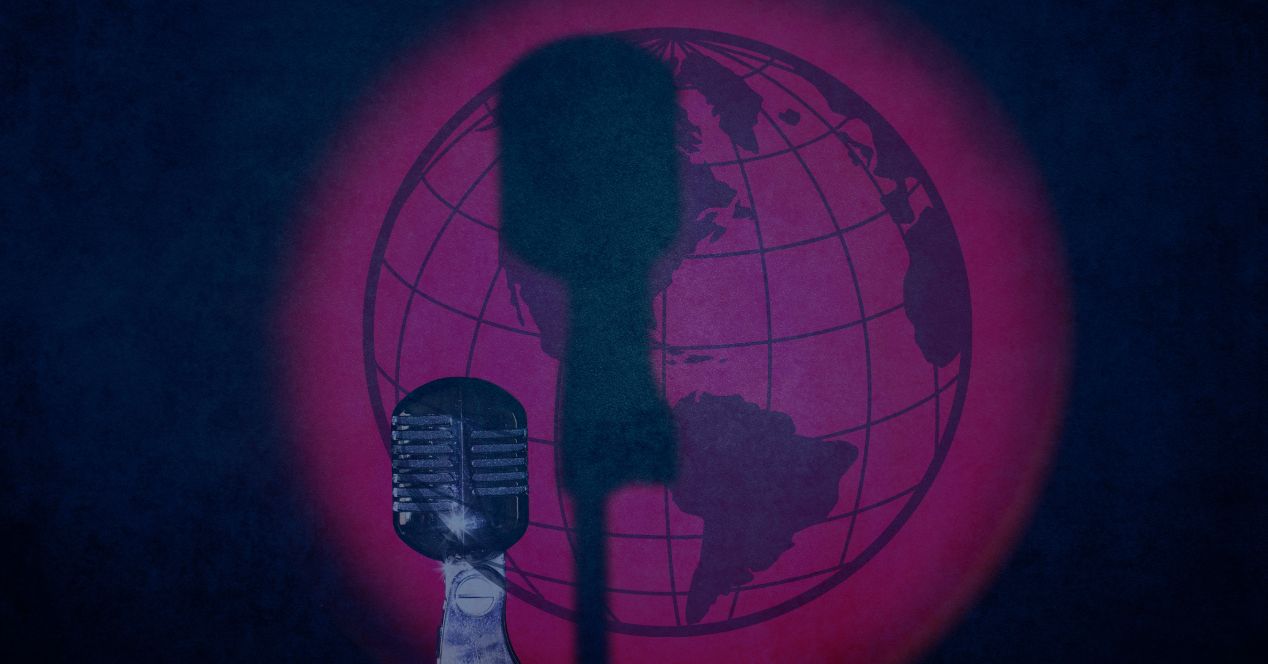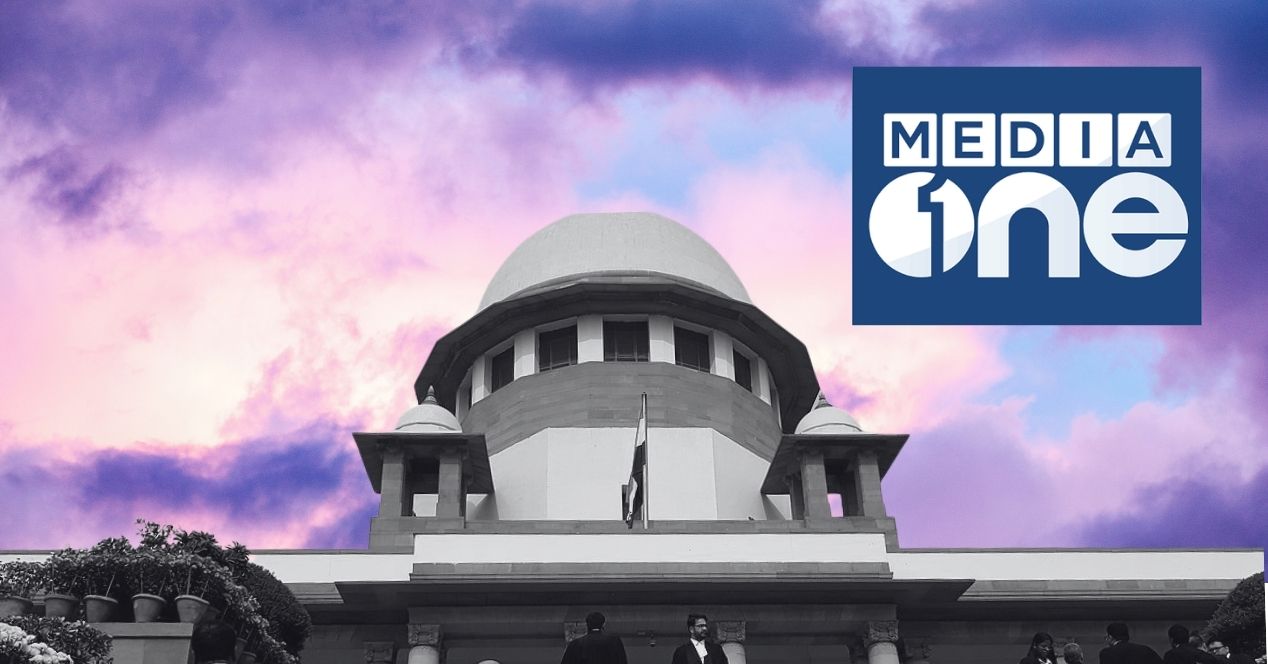Analysis
TikTok in the dock, the party has stopped
The US Supreme Court’s upholding of a law banning TikTok raises questions about the country as a free speech haven

Yesterday (17 January), the US Supreme Court upheld a law which effectively bans the Chinese-owned social media application TikTok.The ban kicks in tomorrow (19 January), a day before Donald Trump assumes office as President.
The Biden government had justified the law on the ground that the ownership and control of TikTok poses an “unacceptable threat to national security.” ByteDance Ltd., TikTok’s parent company, denied the claim and contended that the ban violates free speech guaranteed by the First Amendment. SCOTUS found that TikTok was controlled by a “designated foreign adversary” which could “leverage its control over the platform to collect vast amounts of personal data from 170 million U.S. users.”
A D.C. Circuit Court, where the ban was initially challenged, had ruled that the Congress law passes the strict scrutiny test of constitutionality. In the appeal proceedings, TikTok had claimed that none of the legislature, executive nor judiciary had been able to produce supporting material to show that the ban was not speculative. On this, SCOTUS relied on Turner Broadcasting System Inc v FCC (1994), which held that policymakers have to often “forecast future events” and make deductions “for which complete empirical support may be unavailable.”
In India, TikTok was banned in 2020 along with 58 other apps, in the wake of a border conflict with China. The Union government had exercised its power under Section 69A of the Information Technology Act, 2000 to block any information that could pose a risk to national security. ByteDance did not challenge the ban in Indian courts.
The constitutionality of Section 69A had been upheld by the Supreme Court in Shreya Singhal v Union of India (2015). Shreya Singhal contained an observation that is relevant to the TikTok case in the US. While differentiating freedom of speech under the First Amendment and Article 19(1)(a), Justice R.F. Nariman pointed out that the Indian Constitution provides an exhaustive scope of circumstances where freedom of speech can be reasonably restricted. In the US, he noted, it was possible to abridge freedom of speech to advance an important “societal goal”. In his interpretation, the mechanism for the US Congress and the courts to restrict free speech was, therefore, more flexible than the one for the Indian Parliament.
Indeed, many of the restrictions on the First Amendment have developed judicially. In 2010, Chief Justice John Roberts Jr., in Holder v Humanitarian Law Project, upheld the constitutionality of a law preventing the sharing of material encouraging non-violence, including legal assistance, with terrorist organisations. The reasoning was that the government is best positioned to form views on national security and foreign relations and therefore need not “conclusively link all the pieces in the puzzle” while reaching conclusions regarding threats. In its TikTok decision, SCOTUS approvingly cited Holder followed by: “We thus afford the Government’s ‘informed judgment’ substantial respect here.”
In Madhyamam Broadcasting Limited v Union of India (2023), the Indian Supreme Court invalidated a broadcasting ministry decision denying licence renewal to a channel on the ground that it platformed “anti-establishment” news and was a risk to national security. Overturning the decision of the Kerala High Court, the top court found that non-renewal did not pass the litmus test of proportionality—there was no “legitimate goal” to prohibit MediaOne from broadcasting news which may not be agreeable to the establishment.
Madhyamam notes that the phrase “anti-establishment” carries a connotation that news organisations should discuss news favouring the establishment. Senators in the US had shown a similar distaste towards TikTok, as a platform that hosts and popularises content that may not be in the interest of the administration (about the wars in Ukraine and Palestine, for instance). SCOTUS, however, affirmed that the provisions of the law were “content-neutral” and only wished to protect user data from foreign adversaries. The Circuit Court decision had noted that the banning legislation endorses free speech by preventing a foreign power from manipulating the discourse.
TikTok will ‘go dark’ tomorrow, but that may not mean the end of its road in the US. Trump, once keen to ban TikTok, appears to have had a change of heart and wants to keep it afloat. Another course that has been offered to ByteDance is to sell the platform to a homegrown entity. After all, we know that user data is always safer in the hands of an American tech giant.
This article was first featured in SCO’s Weekly newsletter. Sign up now!




